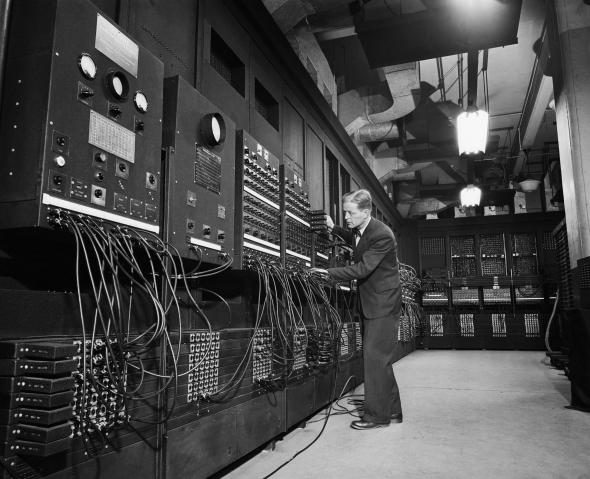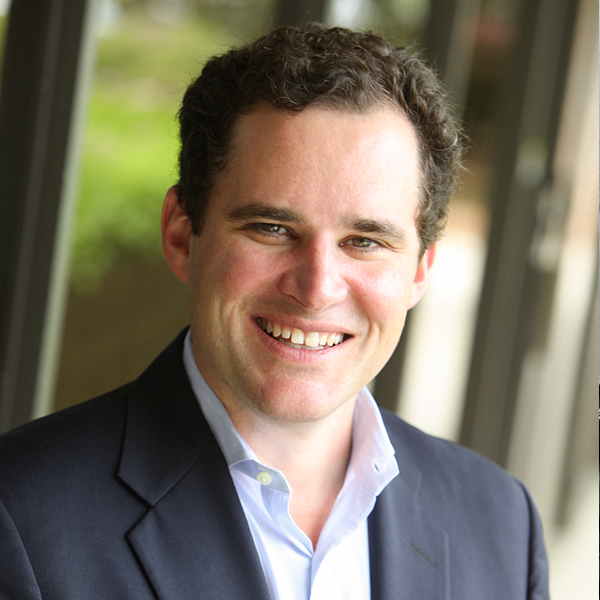What is Carbon Neutrality?
Procurri is now a certified Carbon Neutral Organization, accredited by the Carbon Footprint Standard. Indeed to be carbon neutral, carbon positive, or carbon friendly is an increasingly popular credential for businesses, but what exactly does it mean and how is it achieved? Let us explain…
The Plan A Academy acknowledges that different companies define carbon neutrality in different ways, but explains that there are some generally agreed upon definitions. To be carbon neutral is to ensure that any CO2 released into the atmosphere by a company’s operational activities is balanced to a zero level by an equivalent amount being removed. Furthermore, to be carbon negative (or carbon positive, as the vernacular varies) means to go further than the accomplishment of net-zero emissions to remove additional CO2 from the environment and create an atmospheric benefit.
These terms have all been around for a while, but the exact details behind how these statuses are achieved by organizations vary. Companies have different approaches on how to achieve their net-zero status, but Procurri does so through carbon offsetting.
What is Carbon Offsetting?
Carbon offsetting refers to the action of compensating for CO2 emissions arising from business activity by participating in schemes designed to reduce the equivalent amount in the atmosphere. Procurri takes part in two such programs, one in India and one in Uganda.
In India, Procurri invests in Solar Energy Projects, a carbon offset program certified by Verified Carbon Standard. This project works to support the implementation and installation of five grid-connected renewable solar energy power plants throughout the country. The significant revenues from sales of carbon credits toward these projects form the funds from which for them to happen – to a total capacity of 480 MW, expected to reduce emissions by up to 850,000 tonnes of CO2 per year.
UpEnergy, the Ugandan project, is certified by Gold Standard Climate Security & Sustainability Development. Replacing the traditional three-stone fire stoves, the company has already served over 125,000 people – with 30,000 tonnes of CO2 emissions and over 120,000 trees saved so far! What’s more, UpEnergy’s efforts provide an enhanced quality of life for Ugandans through its offering; reducing the need for several hours per day for cooking and fuel collection and up to a $72 annual saving on fuel purchases. These income-generating opportunities for individuals are truly transforming communities.
Every year, Procurri invests enough in these two carbon offsetting programs to reduce their net emissions to zero – and by doing so in two tangible and highly accredited projects, have realized their status of being a Carbon Neutral Organization. By putting sustainability and efficiency at the heart of everything we do we can continue to contribute to the environment in a positive manner; and help our customers do so at the same time!


